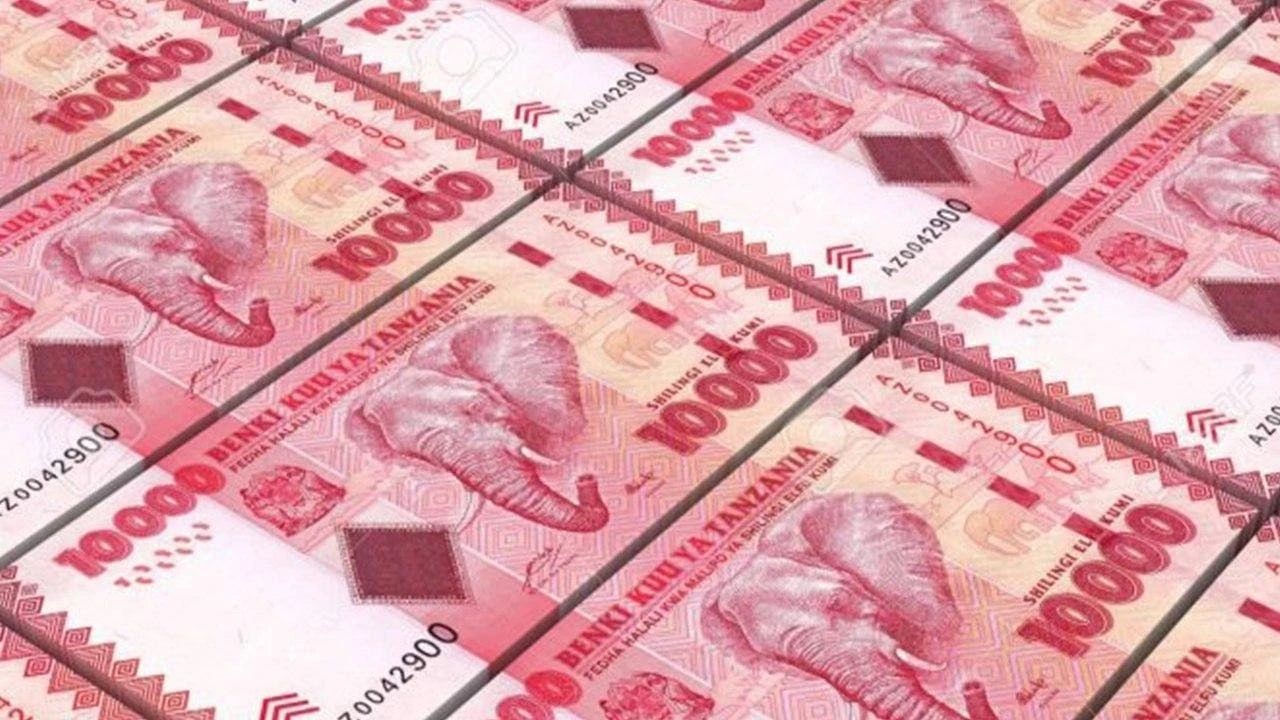Foreign currency usage in tourism services just right

ADAPTED rules by the Bank of Tanzania now allow the use of foreign currency for payments for goods and services between Tanzanian residents and non-residents—particularly tourists. The BoT director of financial markets took a panel opportunity in Arusha to explain the limit of updated regulations, saying they are designed to create a more business-friendly environment for foreign visitors and simplify transactions in the tourism sector.
The realisation that this will also increase foreign currency circulation was rather odd, as even a year ago that would have been the case, so the issue is a business friendly environment.
He said altering the regulations on using the US dollar in particular provides flexibility to businesses while supporting the government’s broader goals of boosting tourism revenue and improving foreign exchange inflows. Neither was supposed to be new in how the rules operate, but there is an admission that the central bank was seeking to squeeze foreign exchange from operators, whereas they need the currency the way bank digital agencies need many bundles of banknotes. They can’t be banking each million shillings at a time and do trade.
How the rule that all l financial transactions between Tanzanian residents must be conducted in the local currency is observed is not easy to ascertain, and it is similarly unclear if waiving aside this rule would not increase forex inflows. For when there is demand it creates agents who gain from such transactions, the trouble being that it may not be those favoured by regulatory agencies like BoT.
So this is an exchange of needs between private sector operators and Treasury, where BoT is an intermediary, conveying business sector needs and issuing fiat.
It is not entirely demonstrated that when it is illegal for any service provider to reject payments made in the national currency, this way the central bank will succeed in preserving the integrity and stability of the local monetary system. This is easier said than done as the local currency is best enhanced in value when people come in with forex and seek to change it to local currencies to purchase goods and services, even if a range of such services will carry quotations in foreign currency.
The issue is how much more forex is attracted, but there is the problem of which hands it will pass, and here business needs yield to regulators.
When the central bank reports a surge in U.S. dollar transactions in the domestic retail foreign exchange market, from an average of $40m to $69m per day over the past month it is unclear if this improved confidence and activity in the market is new at BoT. It isn’t clear how much increase of forex trading is good without hurting the shilling as the BoT executive appeared to see this confidence as good in itself.
So there is a tactical acceptance of diminished erosion of the prohibition in the use of forex for local transactions, as central bankers appear to have the right mood for either situation. Less forex trading is protection of the shilling, while more forex trading shows confidence and higher market activity.
Top Headlines
© 2025 IPPMEDIA.COM. ALL RIGHTS RESERVED

















